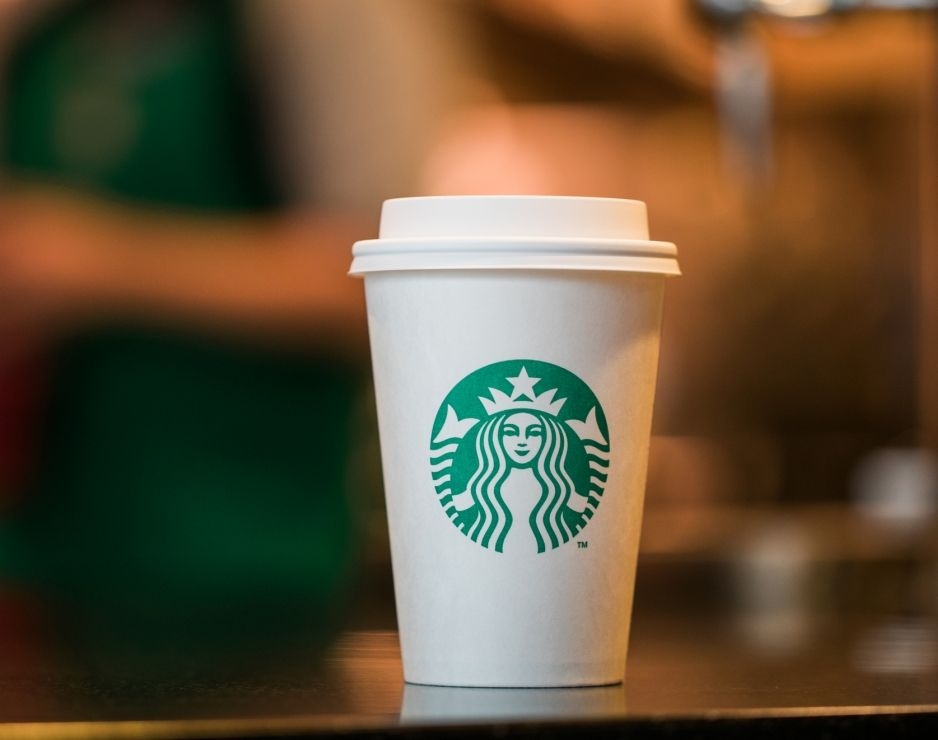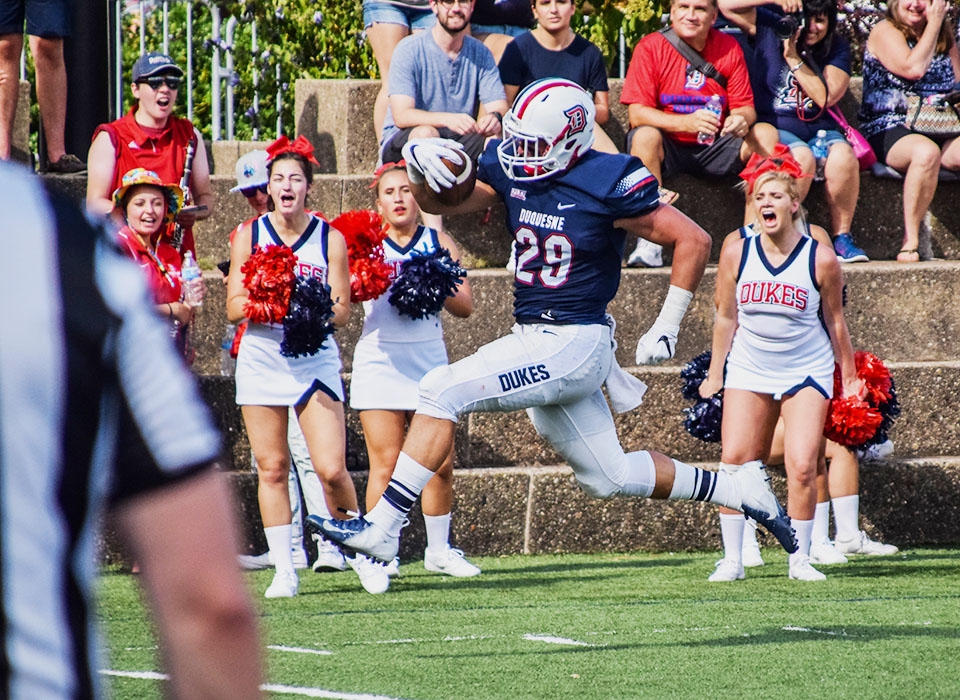

Ollie Gratzinger | Opinions Editor
04/19/2018
The Starbucks in the Union is the epitome of a community hub; students stop in to meet with friends, grab a drink, do some studying or just hang out. It’s always busy, with lines out the door and drinks piling up on the end counter faster than their owners can grab them. It’s all part of a typical day at coffee shops all around, where the hustle and bustle and conflict of daily life pauses, and we’re all caught in the same sort of caffeine-fueled liminal space. But last week, things looked a little different inside of a Philadelphia store.
On April 12, two black men were arrested inside of the Starbucks on the corner of 18th and Spruce. Their arrest falls in line with a long list of current events that showcase America’s systemic issue with racism. Their crime? Sitting.
If it sounds absurd, that’s because it is. The Washington Post reports that the two men, seen sitting at a table with six police officers standing over them, had asked to use the restroom. An employee — who is no longer at the store — denied them access because they hadn’t purchased anything. They were then asked to leave, and when they didn’t, the police were called in.
The article goes on to report that the men were held for nine hours. No charges were filed.
Starbucks CEO Kevin Johnson has condemned the behavior as “reprehensible” and swore to fix the issue of unconscious bias in his stores. In an attempt to reduce the chance of similar events happening in the future, Starbucks announced on April 17 that the company will temporarily close 8,000 U.S. stores on May 29 for “racial bias education.” This training, which roughly 175,000 employees will undergo, comes as a direct response to the protests and criticism that the company has faced in the past week. According to the Washington Post, “the curriculum will focus on how employees can recognize and address their own biases to prevent future discrimination.”
This is certainly a good place to start. But the unfortunate truth is that this isn’t only a Starbucks issue. It’s an American one, too.
I spend more time than I should inside coffee shops, and I’ve seen plenty of people hanging around without making purchases. I can recall a handful of times that I have brought my laptop and a book inside of the Oakland and Downtown Starbucks locations, loitering for hours to work on an article. Never once was I asked to leave.
This is white privilege in action.
The first step in solving this issue is to address it. People who benefit from white privilege are often quick to deny the existence of racism in situations such as this one. They insist that there must be more to the story, but the thing they don’t realize is that to claim such a thing is to justify ignorance and to place the blame on the victim rather than on the perpetrator. Sometimes a racist is just a racist, and that’s that.
If police officers were to wear body cameras, it could put an end to the myth of “more to the story.” It isn’t a perfect solution, but in a society that typically takes the word of a cop as gospel while almost instantly dismissing black voices, body cams would level the playing field in the your-word-against-mine system. Good police officers who are just and fair, as they should be, wouldn’t have anything to worry about. The only officers that may be made uncomfortable by the idea are the ones who abuse their power and use their authority as a mouthpiece for prejudice. If actions begin to have consequences for officers, the streets would become a much safer place.
Racism is not an ancient relic of a history long passed no matter how many try to insist that it is. It isn’t bound in cracked leather spines of textbooks from decades ago, and it isn’t reserved for the dog-eared and yellowed pages of documents long forgotten. It lives and breathes around us, in our society and sometimes in ourselves. Racism is a fire that consumes all traces of human decency, and every time we ignore it or refuse to call it what it is, we give that fire gas.




